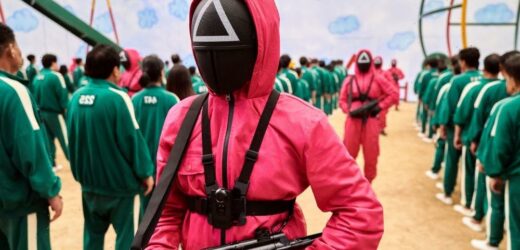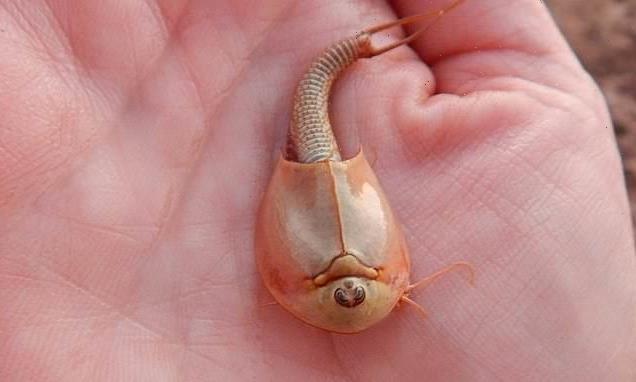“Have you watched ‘Squid Game’?” is as common a question in South Korea as it is in much of the rest of the world, where it has become a breakout success for Netflix as the streamer’s biggest non-English-language series. But audiences in the show’s home country are divided over its merits.
A recent on-air promotion event by K-pop girl band Itzy on KBS Cool FM radio recently deviated into a discussion of the survival show. While they were supposed to be promoting their single “Loco,” three of the band’s five members discussed their reactions to the show. One, Chaeryeong, said that she found the series too violent and that she could only stomach some of it. That is a common criticism of the show, in which the majority of the 400-plus contestants in a mysterious contest are brutally eliminated.
“Regardless of its popularity, ‘Squid Game’ is too violent for my taste,” Kwak Young-shin, a 20-something woman who describes herself as a Korean drama addict, tells Variety. “My father, on the other hand, stayed up all night binge-watching the series and only dragged his feet to our Chuseok celebrations the next morning.”
For many South Koreans, part of the show’s appeal is its use of childhood games and activities. The price of dalgona, an old-fashioned brittle candy featured in one of the “Squid Game” contests, has soared from around KRW1,000 ($0.84) per piece to a reported KRW7,000 ($5.88).
Another sign of “Squid Game” mania in Korea has been soaring real-life use of the telephone numbers depicted on screen. In a reactive and attention-seeking move, a local politician was reported to have offered KRW5 million (more than $4,000) to buy the number that belongs to a person living in his district and who had been plagued by hundreds of nuisance calls. On Wednesday, Netflix said that it would edit out the number.
“We are working to resolve this matter, including editing scenes with phone numbers where necessary,” said the company.
Other efforts to capitalize on the show’s zeitgeist popularity have similarly been victims of their own success. Netflix Korea established a pop-up game experience installation at Ogem World, in the heart of Itaewon, Seoul’s colorful nightlife district. It garnered huge interest and attention from the Korean general public, but had to be shut down ahead of schedule, due to infringement of social distancing regulations.
Despite such setbacks, social media has made major stars of some of the show’s on-screen performers. Model-turned-actor Jung Ho-yeon, who portrays a North Korean refugee, has now become the most followed actress in Korea with 15.6 million Instagram followers — an astonishing number in a country with a population of 52 million. Jung modestly told Korean media in a recent interview: “Too many great big things happened so quickly, it’s best to take time and recollect myself.”
Source: Read Full Article


